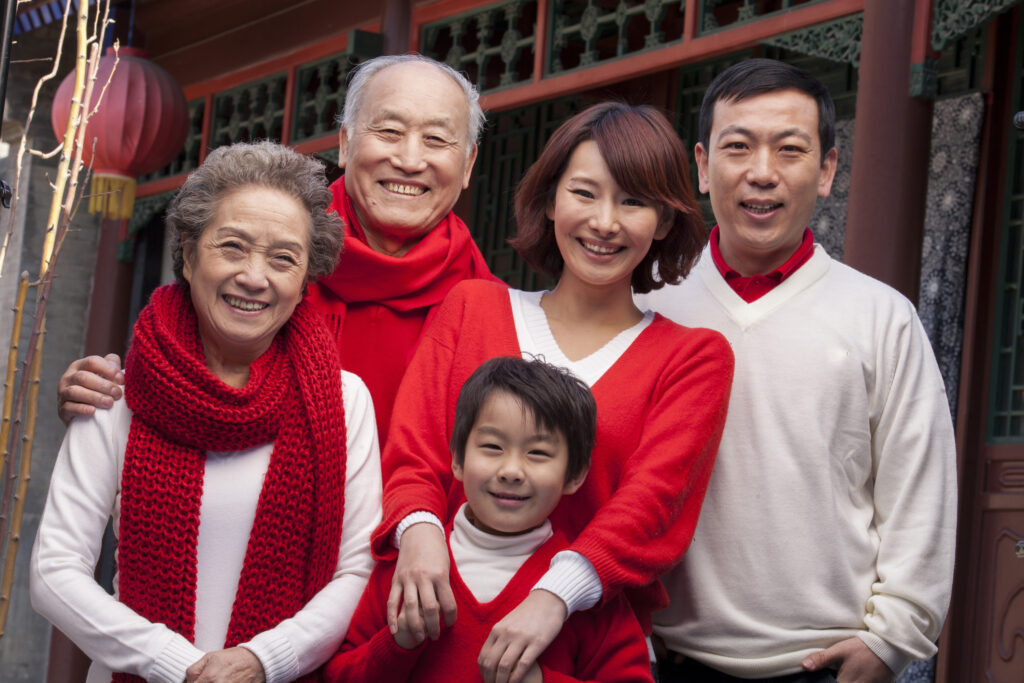Healthy family life makes all family members happy. In difficult times, family members support each other. They work towards achieving common goals and enjoy their free time together. Being part of the family isn’t always easy. Sometimes individual problems combine to create the family disorder rather than support. Still, it can be difficult to know when to seek help in family counseling.
How do you know if you’re going through a patchwork or you’re all in an intense abyss? If you’re wondering if it’s time to call family counseling, the first thing you can do is find out more about what family counseling is and how it can help you.
Family meaning

Over the years, a family was considered to be made up of married couples and their children, or all grandchildren of an adult or an older father. Nowadays, the general definition of family is more comprehensive. The family is the basic social unit. In addition to the preceding meaning, families can also refer to single adults and their children, unmarried couples and their children, same-sex couples and their children, or groups of adults and children they care for. For many people, friends are more important, or more than their biological families. However, if they were not living together, they would not meet the definition of a family.
Sometimes the family is together They may stay apart But are closely related For example, parents who do not care for their children still treat their children as a family. Or parents who have separated may be far apart. But share the care of their children In this case, the child is considered part of each parent’s family. Family therapies for families like this can sometimes include both adults, not because they still consider each other’s families. But because they are still nurturing together Usually family members are in a symbiotic relationship or live together, or both.
Each family has its own unique structure and communication style. What affects one member of the family often affects the other members. If two people in the family have problems with each other, life becomes more stressful for the whole family. When changes occur within the family unit, all members have to adjust to the new situation.
Benefits of Family Counseling

It is common for people to become anxious about their first family therapy. Usually, before the start of the first session, every family member will have the opportunity to fill out a document containing an individual’s medical and mental health history, and possibly a questionnaire about what is going on in the family from your individual perspective.
The counselor will initially explain the family therapy process and how to handle the confidential message. Counselors then get to know each family member, what led them to the therapy, and the stress each person is going through. The family therapist also asks a lot of questions and observes how you communicate with each other, who have different roles, and where are the conflicts. A counselor will usually talk to the whole family first, and then perhaps to talk to one family member at a time.
In the later stages, the therapist, who collects important preliminary data, may focus on the most serious problems in communication and family work. The family counseling may choose certain family members to attend meetings together, sometimes seeing the whole group, and sometimes working with just a few individuals or family members. They may spend more time with the people who have the toughest or in the best position to make the change for the better.
A counselor may assign homework to be done between sessions. Homework can be a new practice habit, journaling topic, or a request to find solutions to problems. In the next few sessions, family members discuss what happened when doing homework.
Types of family counseling

Therapists use one or more different types of family counseling to help your family learn to work in healthier ways. The following consulting types can be used alone or in combination with a wide variety of consulting techniques.
Where can I get advice from my family?
Are you ready to explore that question? ‘How do I find a family counselor near me?’ Finding the right family counseling service for you can take a little research and consideration. After all, you are a family like no other. You have unique strengths, challenges, and family history that no one else shares.
You may choose to find a therapist with a private practice in your town or someone who works in a community mental health system. Before you choose a family counselor, it’s important to summarize your problems and ask them what therapy they recommend. This will give you a basic idea of their approach.
Some family counseling services are especially well equipped to address cultural differences within the family and in the communities where they live.
Another article on this blog that might interests you:
Aged Care: The importance of social services for the care of the elderly
